Automobile photography is seen almost everywhere these days. But have you ever wondered about the science behind this genre of photography?

Let me introduce you to Easton Chang, a world-renowned automotive photographer. His work is regularly seen on magazine covers and advertisements, and his clients include Cadillac, Jaguar, Mazda, General Motors, Ford Lexus, Audi, and Porsche, just to name a few.
In this short interview, Easton will share his views and perceptions about automobile photography.

Q. 1. You are in a rare photography genre. How did you get started with automotive photography? What inspired you to choose this uncommon genre?
Ans. My love of photography started with my love of cars. Automotive was always my first passion in high school before venturing into photography. When I bought my first real car (a 2001 Honda Integra Type R), I only wanted to take great photos of it. It started with my family’s cheap film camera, and I bought my digital camera. I had to learn Photoshop to make the photos pop!
Q. 2 I see that you are a self-taught photographer. Can you tell us briefly about your journey and how you learned photography alone?
Ans. I studied engineering at university while developing my hobby as a photographer. I looked at and observed my favorite work in advertising at the time, trying my best to emulate and develop my own look as well.
Once you get the basics down pat, the more specialized knowledge in shooting cars comes from experience. There is a lot of trial and error. Even 15 years later, I am still learning all the time.
Q. 3 Photographing objects in action is far more challenging than photographing still ones. What do you feel is the most challenging thing about photographing cars?
Ans. The sheer size is what makes everything about shooting them difficult. Lighting, tracking, following, positioning, placement. It’s like a product photograph, except it’s larger than most people would fit in their home studio. So, off-the-shelf lighting equipment such as softboxes, scrims, and reflectors aren’t designed to shoot something as large as a car. Cars also invoke emotion and are a lot more to some than just an inanimate object. So you have to learn to shoot and frame the car so that it tells a bit of a story. Lighting and exposure are not enough. People are fussy about the environment a car is embedded in.
Q. 4 As I was going through your website, I came across this photograph. It is mesmerizing. Could you take us behind the scenes and tell us the techniques you used to capture this particular shot?

Ans. This shot of the 918 Spyder was shot for Porsche in 2015 in the Australian outback. Right after doing a 350km/hr run in (at the time) an unrestricted section of Stuart Highway. I went up in a helicopter to capture the 918 tearing up the scorched earth of the Aussie Outback.
Q. 5 I would tend to believe that you would have some favorite equipment(s) for the best car photography results. What equipment would add the most value for an automotive photographer?
Ans. I love my Canon 24-70 F2.8 II lens, although any 24-70 zoom also works. It forces me to shoot in the range I like seeing cars in most. Which is between the 24 – 50mm range. It’s too easy to shoot wider than that, but the 24 Zoom forces me to keep some distance and maintain the car’s composure. Shooting at 17mm is sometimes the lazy way out. Manufacturers hate seeing their cars shot so wide because it hides the proportions the designers painstakingly finished.
Q. 6 How did you go from shooting in your local community to shooting cars for major brands?
Ans. I went from shooting privately owned cars as a hobby to shooting editorially in Sydney and Melbourne for my favorite magazines. Eventually, the ad agencies approached me for projects, and that’s how I moved.
Q. 7 Can you share some essential tips a beginner should try while starting in automotive photography?
Ans. Compared to before, the market is quite saturated now; it’s not enough to create images that “match” the standards anywhere. But to exceed the standards and create new, unique looks and styles that lead toward the next cycle.

Q. 8 What challenges do you and your team usually face when you’re out in the field, and how do you overcome those challenges?
Ans. The biggest challenges usually come from the production and logistical side of cars on the field rather than photography. Camera and lighting equipment are generally extremely reliable, but getting the car and crew in place at the right time and location can be teeming with unexpected problems. Rain, traffic, accidents, anything can happen and often does.
Q. 9 Is there anything else that you love to do besides photography?
Ans. Besides shooting cars, I love taking personal artistic photographs with models and other creatives.
Q. 10 You also have a tutorial on best Car Photography and retouching. Do you love to teach as well?
Ans. I enjoyed making the tutorial on car photography and photo retouching, although I don’t normally teach as I’m focused on developing my work. Maybe later, I can look at teaching a little more.
Q. 11 Can you tell us what future plans you have? Or what are your upcoming projects?
Ans. Right now, I have to pool some resources towards more video work as it’s becoming an ever-increasing client request. The transition is not as significant as anticipated, and much of what I know from photography has been applied to motion. I’m focusing on making motion work look as polished as my photography.

Q. 12 What advice do you have for somebody picking up a camera for the first time?
Ans. Don’t be obsessed with the gear in your kit. Cameras and lighting are far more developed and cheaper than ever, and high-end work is more achievable on a shoestring budget than ever before.
It’s important to know the difference between a Photography Enthusiast and a Gear Enthusiast. Don’t get too caught up in groups and YouTube videos; focus more on shooting your ideas.
Find out more about Easton Chang’s best car photography here!

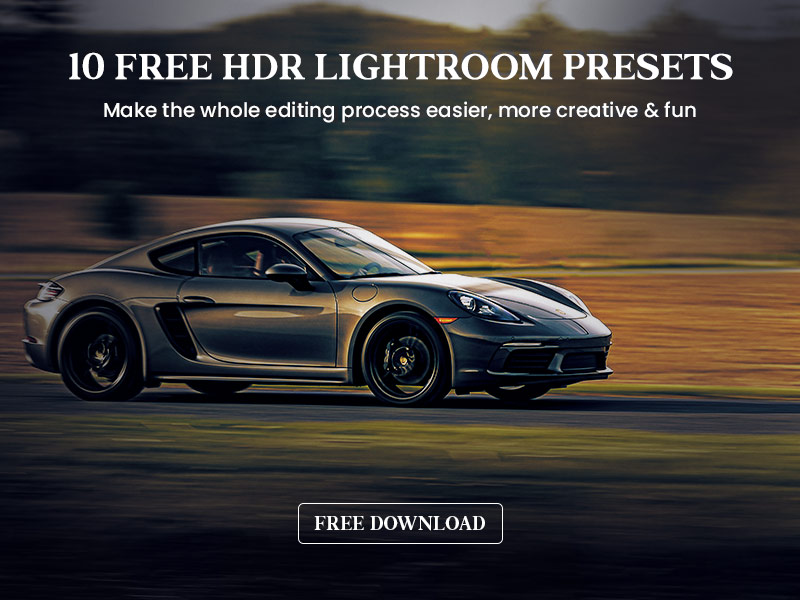
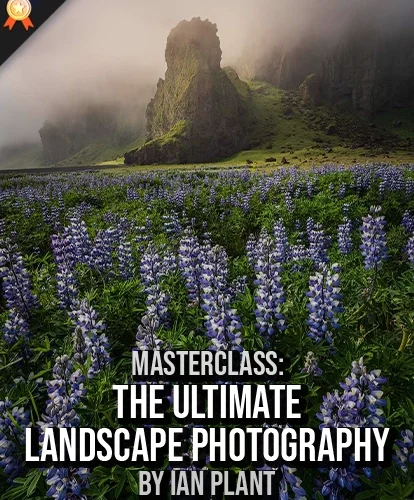
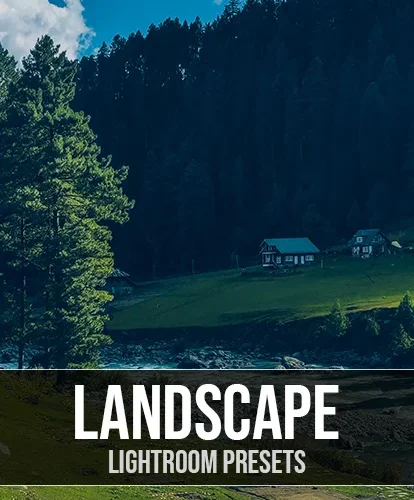
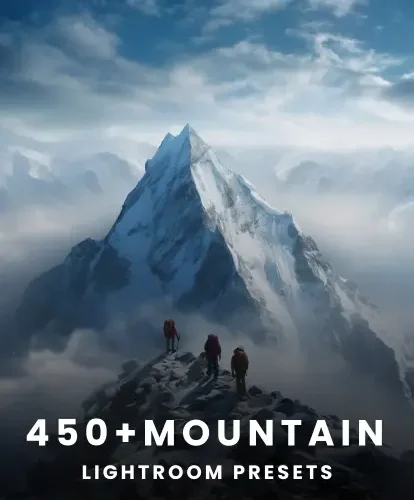
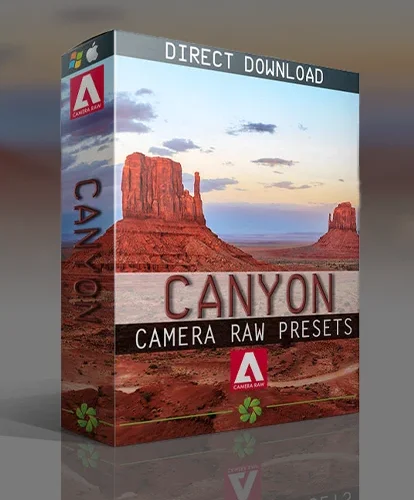
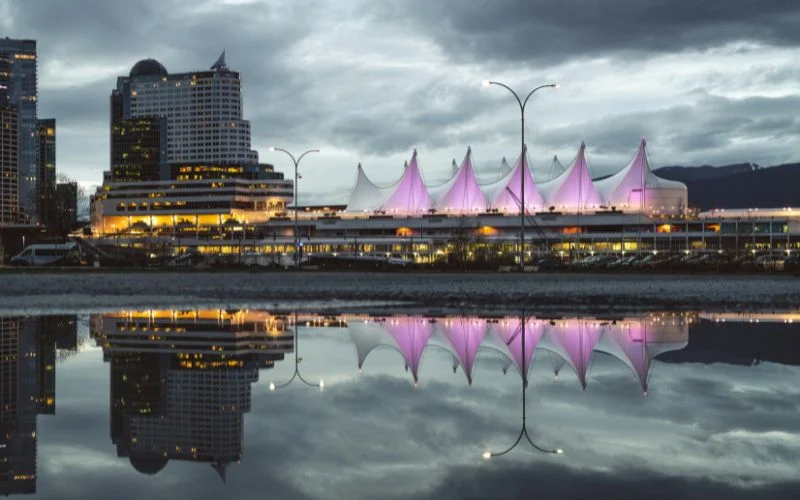
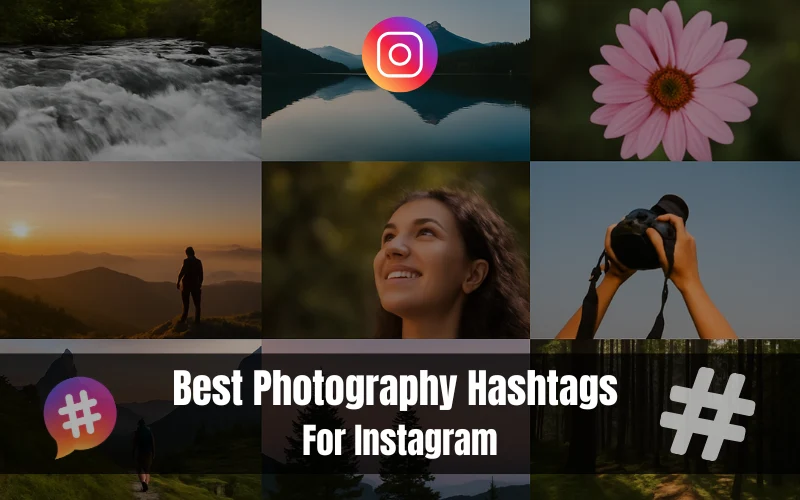
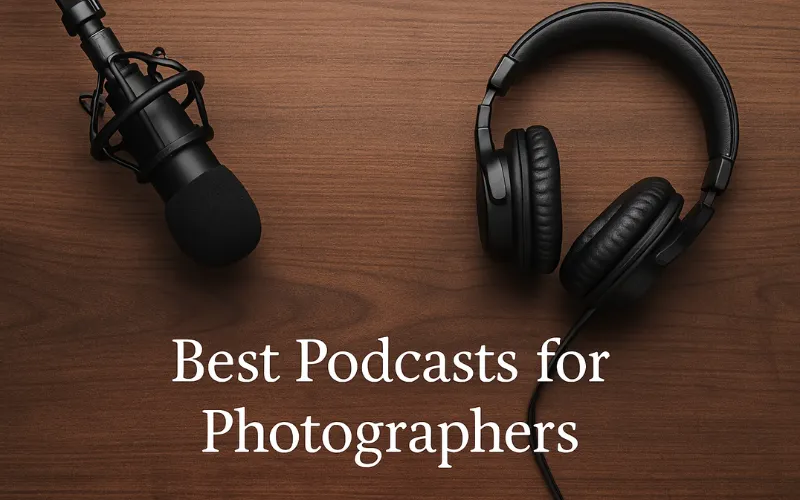
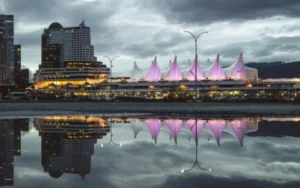
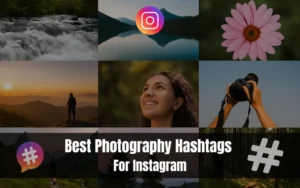
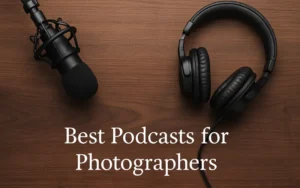
11 Comments on “Easton Chang Interview: World Renowned Self-Taught Automotive Photographer”
You can definitely see your expertise in the work you write.The world hopes for even more passionate writers like you who are not afraid to say how they believe. Always follow your heart.
I really looking for these kinds of posts for a long time. Thank you for sharing with us.
Amazing Works. it would be really tough to get a good balance with the camera when photographing rom the helicopter. I think you used to adobe photoshop software for editing images. Here is the some example of car photo editing: https://pixelster.com/services/car-photo-editing/
Inventicons provide the best vector icons
design. You can use easily and edit Royalty Free Premium vector icons who you need. Inventicons have many types of unique vector icons like social icons, business icons, web icons and many more in all formats. You can use commercial and personal purpose.
so amazing work. If you use Photoshop Actions it will save time for photographer.
Great work done. Inspire me a lot to learn the car photography. Thanks
Photowhoa Blog this helped me so much! There’s something else that helped me a lot also http://tiny.cc/photoeditlearning i recommend this to anyone who loves photo editing!
Amazing Works. it would be really tough to get a good balance with the camera when photographing rom the helicopter
Amazing Editing.
Thanks!!!
This article gives the light in which we can observe the reality. This is a very nice one and gives in-depth information. Thanks for sharing this nice article.
The best wedding photographer
Good information provided with a lot of useful information along with the tips. I am also having a photography studio, you can check my portfolio and services provided by us clicksharmastudio.com